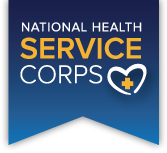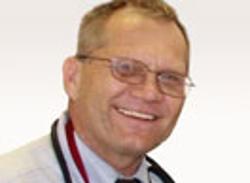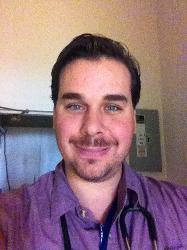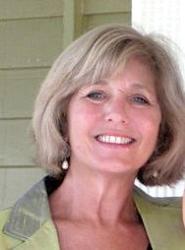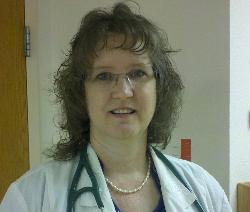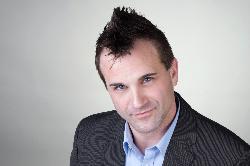My path to become a physician assistant was not typical. I always admired hands-on health care professionals and had a strong desire to work with the underserved. After 30 years as a public mental health administrator, I decided to follow my passion and go back to school to become a PA. After much preparation, I was accepted into the Physician Assistant Program at Albany Medical College.
Right around graduation I learned more about the National Health Service Corps (NHSC) Loan Repayment Program. It was pretty serendipitous because as I started searching the NHSC job postings, a PA position opened up in my hometown of Utica, NY, at St. Elizabeth Family Medicine Center. St. Elizabeth has been an important part of my family’s lives; all of my children were born there, and, years before, I wrote a history of the hospital for its 125th anniversary. I was well aware of the great work St. Elizabeth had been doing in the community, especially for the underserved, and knew that this was the place for me.
It’s an incredible privilege to be a part of the NHSC and to serve in my community. Utica is where my heart is. It has been my family’s home for many years, and I don’t see myself leaving any time soon. Years ago when I helped start a small grassroots health ministry in Utica, it was rewarding to help the diverse array of people in my community and this further influenced my thinking about becoming a PA.
St. Elizabeth Family Medicine Center is an active work and learning locus with an extremely diverse patient body. We have a large refugee population resettling in Utica, so I see people from places all over the world like Burma, Vietnam, Cambodia, and Bosnia.
One of the biggest thrills of my new career is seeing people get better because it’s something that I never got to experience on the administrative side. Treating a sick child on Monday and then seeing them two days later playing and smiling is so rewarding. I treat a lot of typical chronic conditions like obesity, high blood pressure, and diabetes, but, it’s my work with the community’s refugee population that presents some interesting cases. I see everything from TB to various gastrointestinal ailments, many of which are Third World conditions that aren’t seen often in other primary care settings.
I’ve just started my third year in the NHSC, and I can’t begin to express what an amazing opportunity this has been for me. It’s wonderful to have gone back to school, to do what I had always dreamed of, and to not have to worry about my significant student loan debt.
